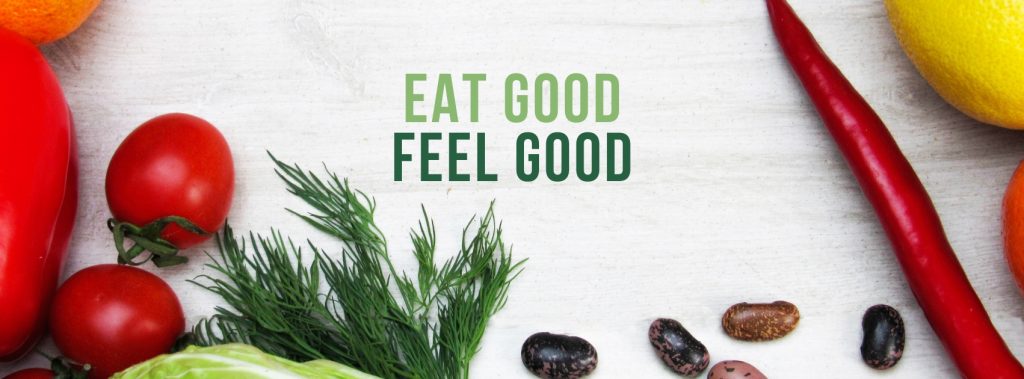Your colon is a crucial player in the digestive system, ensuring nutrients are absorbed and waste is efficiently removed. But keeping your colon in top shape doesn’t have to be complicated. With a few smart dietary choices, you can promote its health and longevity. Let’s explore the best foods for your colon and how they can transform your overall well-being.

Understanding the Colon’s Role
The Colon and Digestion
The colon processes undigested food, absorbs water and nutrients, and eliminates waste. A healthy colon supports efficient digestion and prevents discomfort.
Signs of an Unhealthy Colon
Issues like constipation, irregular bowel movements, or bloating may signal a colon that’s not functioning optimally. Chronic symptoms could also point to more serious concerns, such as inflammatory conditions.
Why Your Diet Matters for Colon Health
Impact of Fiber on the Colon
Fiber acts like a broom for your digestive tract, sweeping out toxins and promoting regularity. It also feeds beneficial gut bacteria.
Role of Gut Bacteria in Colon Function
Your gut microbiome thrives on foods that nourish good bacteria, like prebiotic-rich and fermented options. A balanced microbiome reduces inflammation and protects the colon.
How Antioxidants Protect Your Colon
Antioxidants combat free radicals, which can damage cells in the colon and increase disease risk. Incorporating antioxidant-rich foods is key to long-term health.
Top Foods for Colon Health
High-Fiber Superstars
Whole Grains: Oats, brown rice, and quinoa are fiber-rich grains that improve digestion.
Legumes: Lentils, chickpeas, and black beans are packed with fiber and nutrients.
Cruciferous Vegetables: Broccoli, cauliflower, and Brussels sprouts provide both fiber and cancer-fighting compounds.
Probiotic Foods
Yogurt and Kefir: Look for varieties with live cultures to boost gut bacteria.
Fermented Vegetables: Kimchi, sauerkraut, and pickles support gut health.
Tempeh: A plant-based protein fermented with probiotics, perfect for gut care.
Antioxidant-Rich Choices
Berries: Blueberries, blackberries, and strawberries are antioxidant-rich fruits that protect colon cells.
Green Tea: Known for its anti-inflammatory properties, green tea is a great addition to your routine.
Dark Chocolate: In moderation, dark chocolate offers flavonoids that benefit gut health.
Omega-3 Fatty Acids
Fatty Fish: Salmon, mackerel, and sardines combat inflammation.
Walnuts: A convenient snack packed with omega-3s and fiber.
Flaxseeds: Add ground flaxseeds to smoothies or oatmeal for a fiber boost.
Foods to Minimize for Colon Health
Processed and Red Meats
High consumption of these has been linked to colorectal cancer. Opt for leaner, plant-based protein sources.
Excessive Alcohol Consumption
Alcohol irritates the digestive tract and can lead to long-term colon health challenges.
Easy Recipes for Colon Health
Fiber-Packed Smoothie
Blend spinach, banana, frozen berries, ground flaxseeds, and almond milk for a delicious start to your day.
Fermented Veggie Salad
Combine kimchi or sauerkraut with leafy greens, carrots, and olive oil for a gut-friendly lunch.
Omega-3 Loaded Grain Bowl
Layer quinoa with grilled salmon, avocado, and a sprinkle of flaxseeds for a filling, colon-friendly dinner.
Lifestyle Habits to Support Your Colon
Regular Physical Activity
Exercise stimulates digestion and prevents constipation, keeping your colon happy.
Stress Management Techniques
Stress can disrupt gut function. Practices like meditation or yoga can help.
Importance of Hydration
Staying hydrated ensures smooth digestion and prevents issues like constipation.
Conclusion
Taking care of your colon is an investment in your overall health. By incorporating fiber-rich, probiotic, and antioxidant-packed foods into your meals, you can reduce the risk of colon-related issues and feel your best. Small, consistent changes can lead to significant benefits—start today and enjoy a healthier tomorrow!
FAQs
- What foods naturally cleanse the colon?
High-fiber foods like fruits, vegetables, and whole grains help cleanse the colon naturally. - Can probiotics prevent colon diseases?
Probiotics support gut health by balancing bacteria, potentially reducing inflammation and disease risk. - Are nuts good for colon health?
Yes, nuts like almonds and walnuts provide fiber and healthy fats that benefit the colon. - How does green tea help the colon?
Green tea is rich in antioxidants, which reduce inflammation and protect colon cells. - How much fiber is enough for colon health?
Aim for 25–30 grams of fiber daily to maintain a healthy colon.
Leave a Reply